In today’s fast-paced world, some essential manners seem to have slipped through the cracks. As parents, it’s crucial to instill these forgotten etiquettes in our children, ensuring they grow into respectful and considerate individuals. Teaching manners is not just about saying “please” and “thank you,” but about instilling values that will help children navigate social interactions with ease.
By reintroducing these often-overlooked polite behaviors, we can help our children stand out in the best way possible. Let’s explore twelve manners that every parent should prioritize to cultivate kindness and empathy in the next generation.
1. Greeting Elders
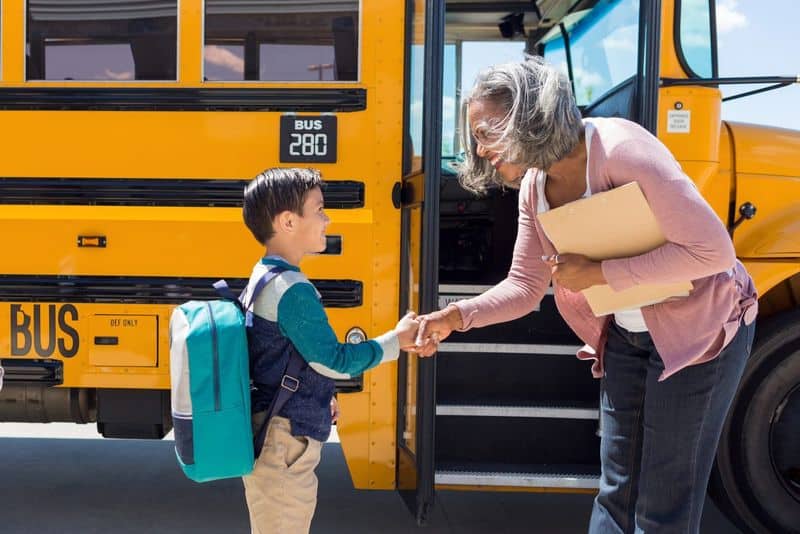
Teaching children to greet elders respectfully is vital. A simple ‘hello’ or ‘good morning’ shows respect and acknowledges their presence. It’s important for kids to make eye contact and smile, which conveys sincerity. This small gesture can make someone’s day brighter and fosters a sense of community.
Parents can role-play scenarios to practice this skill, ensuring children feel comfortable in real-world situations. By greeting elders properly, children learn to value age and wisdom. These interactions become opportunities for positive connections, building bridges across generations.
2. Table Etiquette
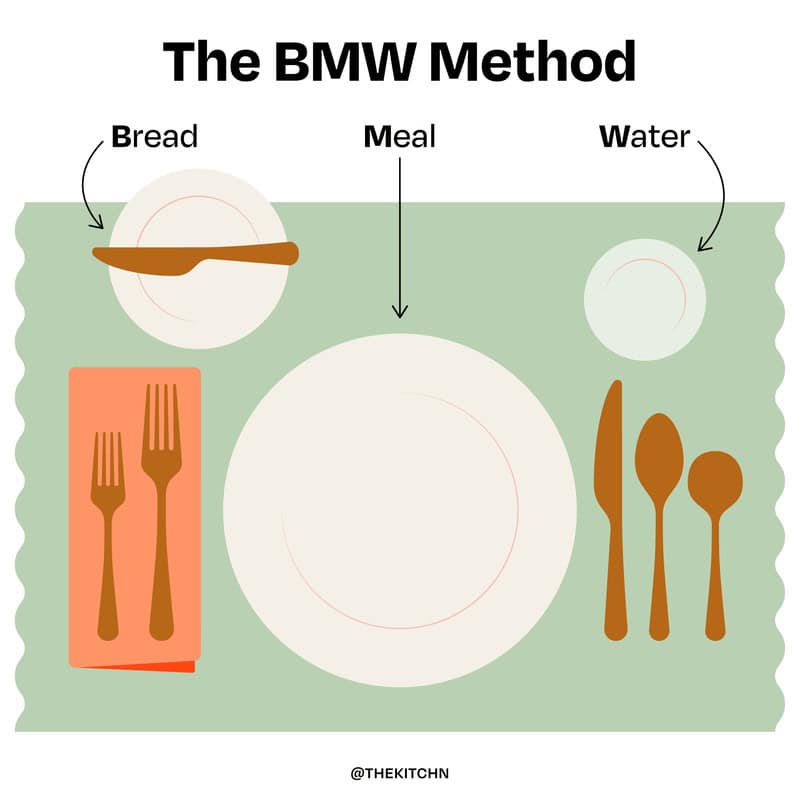
Proper table etiquette goes beyond using utensils correctly. Children should learn to wait until everyone is served before eating. It’s also crucial to teach them not to speak with their mouth full. These habits ensure a pleasant dining experience for everyone involved.
Parents can create fun family dinners where kids practice these skills, making learning enjoyable. By understanding table manners, children can navigate social dining settings with ease. This knowledge gives them confidence in various situations, from family meals to formal occasions.
3. Expressing Gratitude
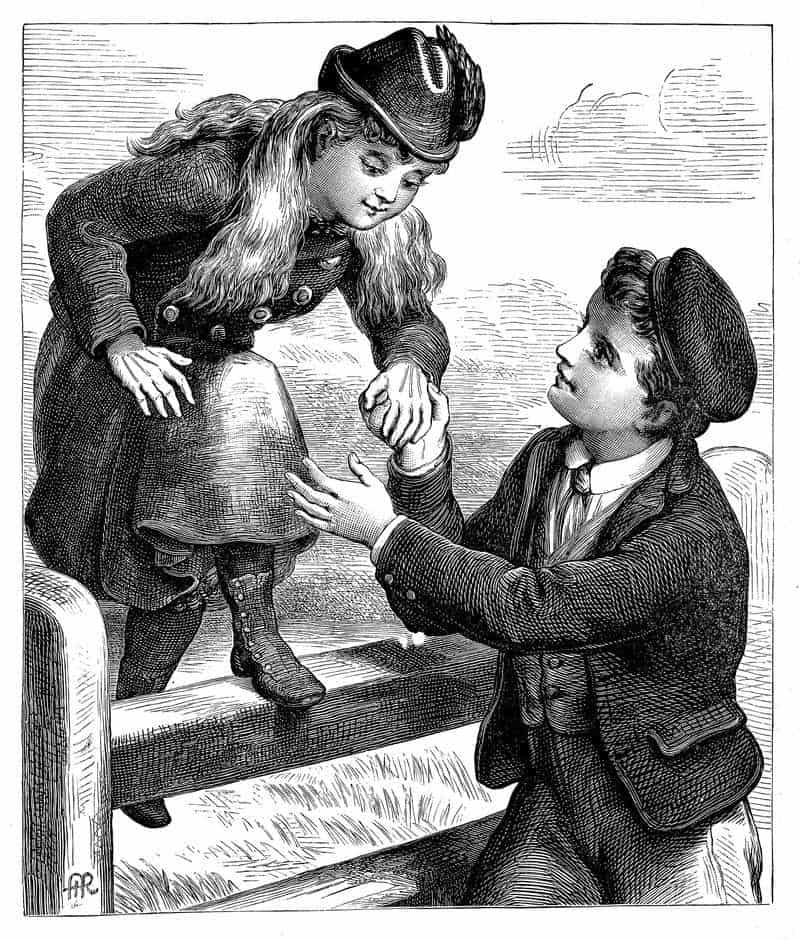
Expressing gratitude is a fundamental manner that leaves a lasting impression. Teaching kids to say ‘thank you’ when receiving gifts or favors is crucial. Gratitude can also be shown through actions, like writing thank-you notes. This habit cultivates appreciation and kindness.
Encouraging children to express thanks in different ways helps them understand its importance. Parents can set examples by expressing gratitude themselves, reinforcing this behavior. When kids regularly show thankfulness, they become more empathetic, understanding the effort behind generosity.
4. Listening Attentively
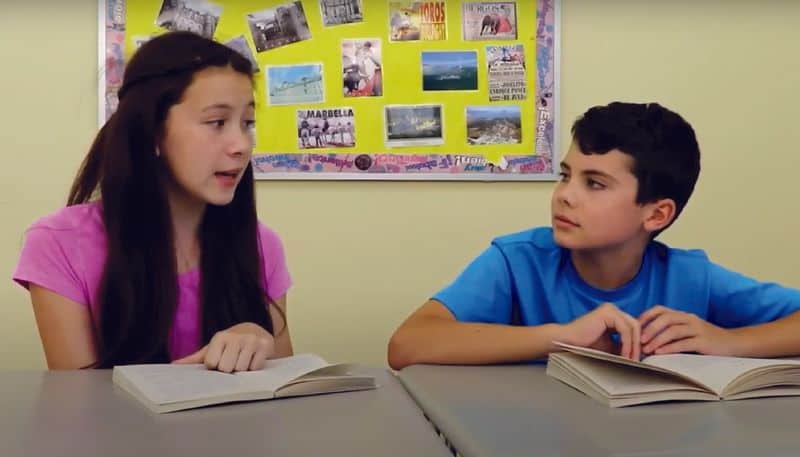
Listening attentively is a skill that enhances communication. Children should be taught to focus on the speaker, avoiding interruptions. This shows respect and allows them to understand the message fully.
Parents can model attentive listening by giving children their full attention during conversations. Practicing this manner helps children engage more effectively in social and academic settings. They become better communicators and more empathetic individuals, recognizing the value of attentive listening.
5. Sharing with Others

Sharing is a fundamental aspect of social interaction. Teaching children to share toys, snacks, or responsibilities fosters generosity. It helps them build friendships and understand the joy of giving.
Role-playing scenarios where kids share with peers can make learning this manner fun. By sharing, children learn to collaborate and empathize with others, building a sense of community. This habit prepares them for successful relationships in the future.
6. Apologizing Sincerely
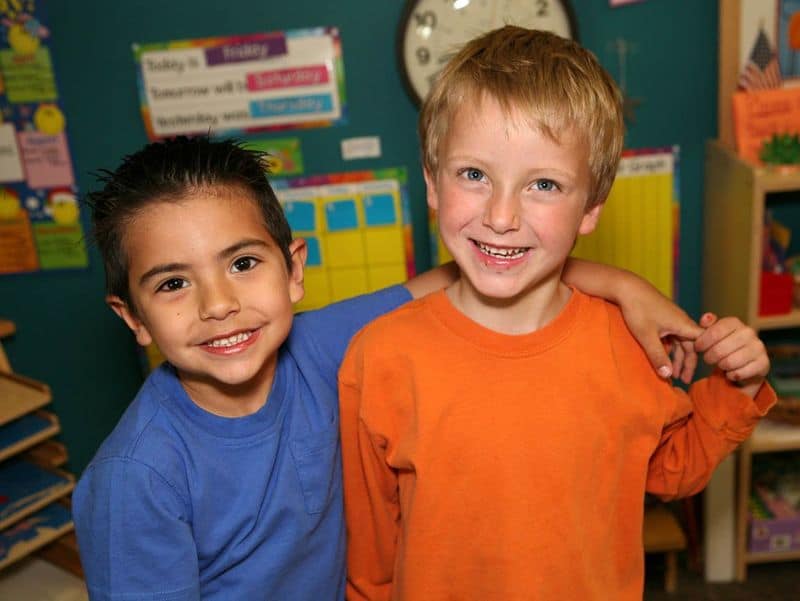
Apologizing sincerely rebuilds trust and relationships. Children should learn to say ‘sorry’ and mean it, understanding the impact of their actions. A genuine apology can mend hurt feelings and shows maturity.
Parents can guide children by explaining situations where apologies are necessary. Practicing this manner helps kids foster empathy, as they recognize their mistakes and seek to make amends. It teaches accountability and strengthens social bonds.
7. Respecting Personal Space
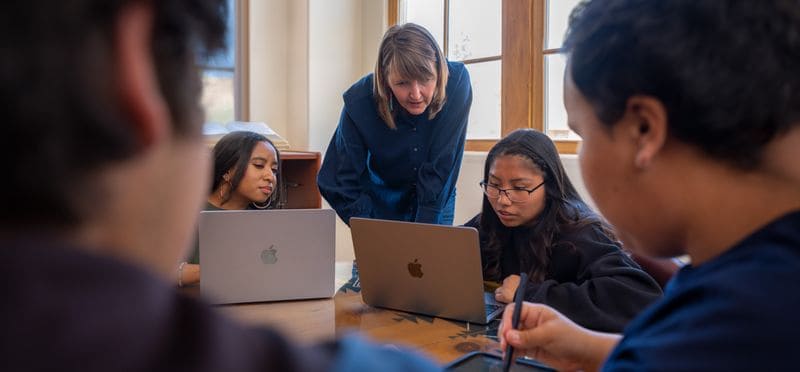
Understanding personal space is crucial in social interactions. Teaching children to respect boundaries ensures comfort for everyone involved. This manner helps avoid misunderstandings and conflicts.
Parents can explain the concept of personal space through games and role-play. By respecting others’ space, children learn to value individual comfort levels. This understanding is important in maintaining healthy relationships and respecting diversity.
8. Being Punctual

Punctuality is a sign of respect and responsibility. Teaching kids to be on time for appointments shows consideration for others’ schedules. This manner is essential for future academic and professional success.
Parents can encourage punctuality by setting routines and leading by example. When children understand the value of time, they become more organized and reliable individuals. Being punctual reflects commitment and helps them maintain trust in relationships.
9. Kindness to Animals

Teaching kindness to animals fosters empathy and compassion. Children should learn to treat animals gently and understand their needs. This manner extends to being responsible pet owners and appreciating wildlife.
Parents can encourage compassion by involving kids in activities like visiting animal shelters. Demonstrating kindness to animals helps children develop a nurturing nature. This empathy often extends to human interactions, promoting a kinder society.
10. Using ‘Please’ and ‘Thank You’

Using ‘please’ and ‘thank you’ is fundamental to polite interactions. Teaching kids these words shows respect and appreciation, fostering a positive environment. This manner opens doors to effective communication.
Parents can reinforce this habit by consistently using these words themselves. Practicing at home makes it second nature for children. These simple words can make a significant difference in how others perceive and respond to them, enhancing social connections.
11. Cleaning Up After Themselves

Learning to clean up after themselves teaches responsibility and respect for shared spaces. Children should be encouraged to tidy up toys and personal items, understanding the importance of cleanliness.
Parents can make cleaning a fun activity by setting challenges or playing music. This habit promotes independence and teaches children to value their environment. A tidy space contributes to a peaceful atmosphere and instills discipline, beneficial for future responsibilities.
12. Respecting Different Cultures

Respecting different cultures enriches a child’s understanding of the world. Teaching kids to appreciate diverse traditions fosters inclusivity. This manner promotes open-mindedness and global awareness.
Parents can introduce cultural diversity through books, music, and events. By learning about different cultures, children develop empathy and adaptability. This understanding prepares them for a harmonious coexistence in a diverse world, enhancing their social interactions and personal growth.

Well, hello there!
My name is Jennifer. Besides being an orthodontist, I am a mother to 3 playful boys. In this motherhood journey, I can say I will never know everything. That’s why I always strive to read a lot, and that’s why I started writing about all the smithereens I came across so that you can have everything in one place! Enjoy and stay positive; you’ve got this!

